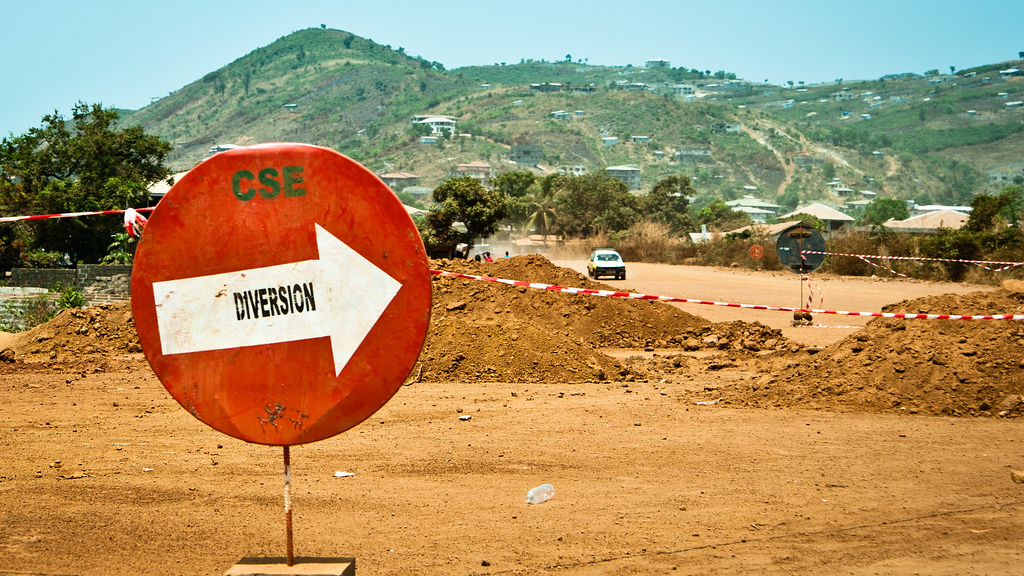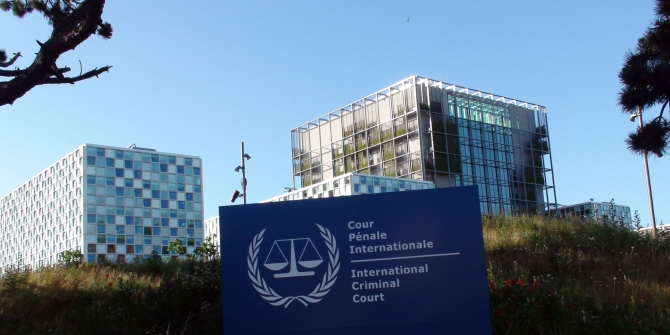Policymakers and practitioners should beware of inadequacies in the World Health Organisation’s recent assessment of mental health in conflict settings. While raising the profile of these issues, by universalising mental disorder classifications across cultures a simplified understanding might harm the roll-out of effective therapies, leading to the question: what would increased and scaled-up interventions actually achieve?
Based on a paper in Anthropology Today, this is the first in a two-part series on the anthropology behind ‘trauma’ in war-affected and post-conflict settings.
The well-known medical journal, The Lancet, has recently published an important systematic review of mental disorder estimates in conflict settings. It will replace World Health Organisation assessments that are more than a decade old, and the new data is set to find its way into various kinds of reports and articles, informing international policy and practice. According to these latest WHO data, ‘more than one in five people (22.1%) in post-conflict settings has depression, anxiety disorder, post-traumatic stress disorder, bipolar disorder, or schizophrenia’.
For many anthropologists, the assumptions underpinning the endeavour to categorise and count war-affected people in these ways are deeply problematic and potentially harmful.
But anthropological antipathy should not be overstated. Some academic anthropologists are more open to using internationalised psychiatric labels than others, and people with training in anthropology may work with agencies running psychosocial support schemes. Is this anthropological openness to dominant mental health paradigms a positive step? We suggest it is not.
Anthropology and classifications of trauma
Particularly since ground-breaking work on post-traumatic stress disorder (PTSD), the possible psychological consequences of exposure to violence in war zones have been the site of anthropological interest. Discussion of the ‘invention’ of PTSD as an aspect of the rehabilitation of American veterans after the Vietnam War located the clinical diagnosis in a broader critique around the social construction and cross-cultural validity of Western psychiatric categories. Most anthropologists, and some therapists influenced by their work, have thereafter argued that the idea of PTSD relies on understandings of personhood, suffering and recovery in particular populations, and that this kind of discourse on trauma and trauma treatment simply does not make sense outside of a particular cultural and moral framework.
While it may be that human beings exhibit comparable responses to extreme events, it is hard to discern exactly what those are. Much is experienced in very specific ways in different social groups in different places.
Concerns have also been raised about the misplaced and superficial medicalisation of suffering that the diagnosis of PTSD often facilitates, pathologising entire populations and causing ‘a reframing of the understandable suffering of war as a technical problem to which short-term technical solutions like counselling are applicable’.
The debate has taken a new turn in recent years. Some anthropologists are ‘no longer sitting outside the table’ when it comes to engagement with psychiatric theory, diagnostic manuals and interventions. In their recent book, Culture and PTSD: Trauma in global and historical perspective, Hinton and Good attempt to put an end to the ontological debate around the status of PTSD once and for all, claiming that the circular debate has ended up hindering the delivery of care to suffering individuals, especially in resource-poor countries. They say it should be set aside in favour of implementing therapeutic interventions. Such an approach is further motivated by the fact that ‘PTSD and trauma treatment play an important role in advocacy for increased investment in global mental health’, which calls for both increasing and scaling up mental health interventions in non-Western countries.
This approach largely accepts the fact that, despite trenchant criticism – and not just by anthropologists – PTSD has evolved over the years, being redefined in successive versions of the Diagnostic and statistical manual of mental disorders (the handbook used in much of the global North as a guide to the diagnosis of mental disorder), and shows no signs of being set aside. Indeed, the use of PTSD has become entrenched in a range of contexts, including legal proceedings, whereby military personnel in the UK and USA have secured compensation.
Perhaps it is therefore strategically sensible to work with PTSD and other psychiatric concepts, and help make them more nuanced. Such an approach may be helpful in highlighting the plight of suffering people, and possibly better interventions could emerge. But there are obvious risks. When anthropologists compromise, the result is sometimes compromised anthropology.
The basic dilemmas faced by those wanting to emphasise the poor mental health of those caught up in wars or dealing with their aftermath have not gone away. It is impossible to aggregate data with any certainty, because there is no consensus about the relevant information to collect or the means of collecting it. It is neither known what therapies work at a population level, nor what evidence is needed to formulate suitable interventions.
Moreover, the lack of independent assessment about the effects of various existing programmes has become integral to the continued roll-out of projects. The stated intention is purportedly to improve mental well-being, but there is rarely any attempt to find out what actually happens to those at the receiving end – including if they are alive, or have been re-recruited into militia, or are prone to violent acts.
As a consequence, this new review is essentially about raising the profile of mental health in war zones, rather than providing a better overview. A range of studies are evoked strategically to claim that PTSD and war trauma in general is much worse than has previously been assessed. It is suggested, unhelpfully, that diagnostic classifications of mental disorders assume universality. This new review promotes projects with externally generated preconceptions as the way forward, proposing that scalable mental health interventions should be urgently implemented. It is a contradictory position, which sets aside counterproductive consequences.
Photo: UNMISS Assists in Plane Crash Search and Recovery Operation in Juba, UN Photo by JC McIlwaine.





